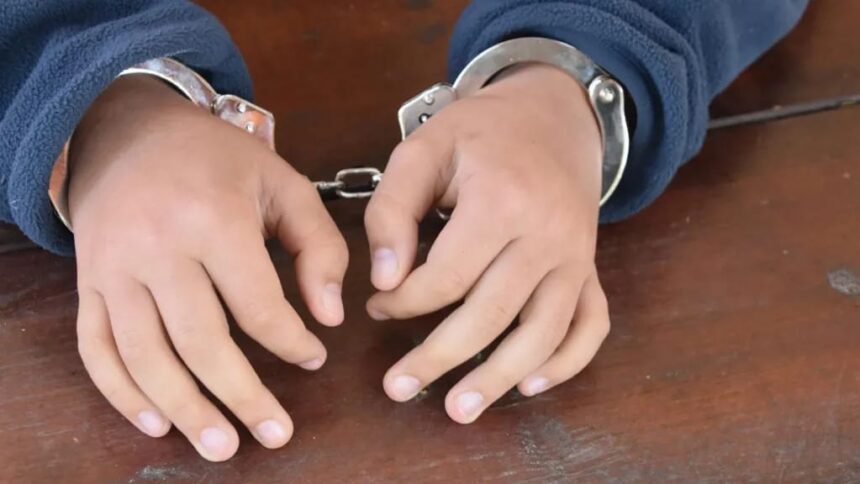By Barbra Nakiwala
The Australian state of Queensland has introduced controversial laws allowing children as young as 10 to face adult penalties, including mandatory life detention for murder.
The government, led by Premier David Crisafulli, argues the harsher sentencing is a response to public outrage over youth crime and will act as a deterrent. Dubbed “adult crime, adult time,” the laws target 13 offences, remove provisions favoring non-custodial measures, and allow courts to consider a child’s full criminal history. Critics, however, warn the changes disregard international human rights standards and disproportionately harm Indigenous youth.
Experts and advocates have raised alarm over the reforms, citing evidence that tougher penalties fail to reduce youth offending and may instead worsen it.
Australia’s commissioner for children, Anne Hollonds, called the legislation an “international embarrassment,” accusing the government of ignoring data showing youth crime in Queensland has halved over the past 14 years.
She warned that early contact with the justice system increases the likelihood of lifelong criminal behavior, describing the move as a retreat from protecting vulnerable children.
Queensland’s government insists the reforms prioritize the rights of victims and address what they claim is a youth crime wave. However, statistics from the Australian Bureau of Statistics and Queensland Police Service show youth crime is at historic lows, with steady rates since 2022.

Critics fear the new laws will lead to more children being held in police cells due to overcrowded detention centers, an issue compounded by plans for more punitive measures rather than preventative solutions.
Legal experts caution the changes could backfire, leading to longer court delays as children avoid pleading guilty to avoid harsh sentences. They argue the reforms not only breach international law but fail to address the root causes of youth crime. Despite mounting criticism, Queensland’s government maintains the laws are a necessary step to restore public confidence in the justice system while planning future expansions of detention facilities.








